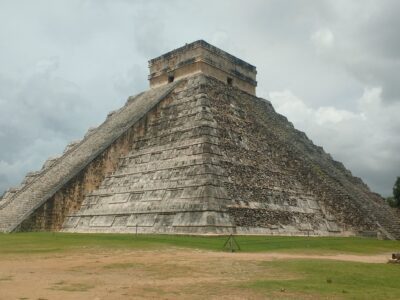Friday the 13th has arrived in the final month of the year, but this one might bring a little extra magic.
With the Geminids meteor shower illuminating the night sky, it’s a great opportunity to leave superstition behind and make a wish on a shooting star.
And if you miss the meteors, don’t worry—you can still lean into these quirky traditions and transform this so-called unlucky day into a celebration of good fortune and fun.
More:December to bring Geminid, Ursid meteor showers, naked eye view of Jupiter — how to view
Where did Friday the 13th come from?
Friday the 13th’s reputation for bad luck largely originates from religious and cultural beliefs. In Christianity, it is associated with the Last Supper, where Judas, the 13th guest, betrayed Jesus, leading to his crucifixion on a Friday, according to USA TODAY.
Norse mythology also contributes, with the 13th god, Loki, bringing chaos and death.
This superstition deepened over time, particularly after the mass arrest of the Knights Templar on Friday, October 13th, 1307, further cementing the day’s unlucky status.
As we said before, many authors cite the arrest of the Knights Templar on Friday, October 13, 1307, by officers of King Philip IV of France as the origin of the Friday the 13th superstition, but it is agreed the origins remain murky.
Superstitious tradition has it that Fridays which fall upon on the 13th day of the month are “bad luck” because Jesus Christ was crucified on a Friday and there had been 13 persons at the Last Supper.
It was considered a day to honor the Divine Feminine that lives in us all and to honor the cycles of creation and death and rebirth. Friday the 13th was considered a very powerful day to manifest, honor creativity, and to celebrate beauty, wisdom, and nourishment of the soul.
TYT Newsroom
The post Is Friday the 13th a “bad luck” date? first appeared on The Yucatan Times.














